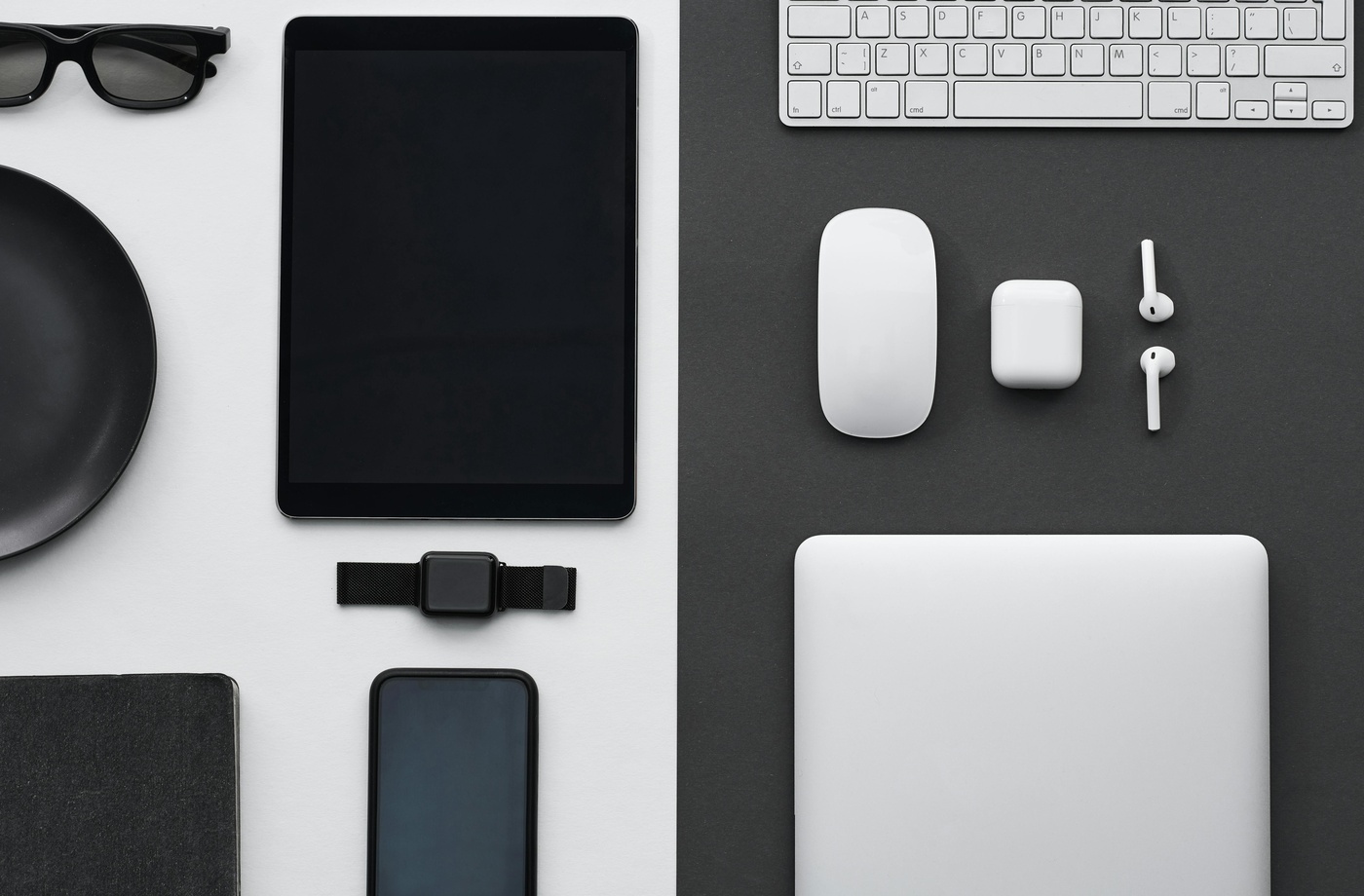For small business owners, every dollar counts—and understanding which office supply purchases are tax-deductible can help you reduce your taxable income and improve cash flow. While not every item you buy qualifies, many of the tools and materials you use every day at your desk may be eligible. Here’s a practical guide to what you can (and can’t) write off when tax season rolls around.
What Qualifies as a Deductible Office Supply?
According to IRS Publication 535, office supplies are deductible business expenses when they’re ordinary and necessary for your operations. This includes:
- Paper products: printer paper, envelopes, sticky notes
- Writing instruments: pens, pencils, markers
- Organizational tools: folders, binders, labels
- Postage and shipping materials: stamps, mailers, packaging supplies
- Ink and toner: essential for printing invoices, forms, or labels
- General-use software: Microsoft Office, Adobe Acrobat subscriptions
If you use these items exclusively for business purposes, they are typically 100% deductible in the year they’re purchased.
Home Office Supplies: What’s Allowed?
If you’re a remote worker or freelancer operating from a home office, many of your supplies may still be deductible—but only the portion used for business. For example, if you use a shared printer for both personal and professional use, you can only deduct the business-related percentage of your ink and paper usage.
To qualify for the home office deduction, the space must be used regularly and exclusively for work. If eligible, you can also deduct furniture and utility-related expenses proportionate to the size of your office.
Capital vs. Consumable Supplies
Small items like pens and tape are generally considered consumables and can be deducted in full. More expensive items—like desks, chairs, or filing cabinets—may be treated as capital expenses and depreciated over time unless they fall under the Section 179 Deduction, which allows for full expensing in the year of purchase (subject to limits).
Receipts and Recordkeeping
To claim deductions, accurate recordkeeping is key. Keep digital or physical receipts, and consider using expense tracking tools like Expensify, QuickBooks, or FreshBooks to tag and categorize business purchases as you go.
What Doesn’t Count
Be careful with items that blur the personal-business line. Examples that typically aren’t deductible include:
- Personal décor or plants
- Gym equipment, even if it’s in your office
- Gifts for yourself or non-client entertainment expenses
The Bottom Line
Knowing which office supplies are tax-deductible can significantly impact your year-end financials. Keep your records organized, stay updated on IRS rules, and when in doubt, consult a tax professional to ensure you’re maximizing legitimate business deductions.



